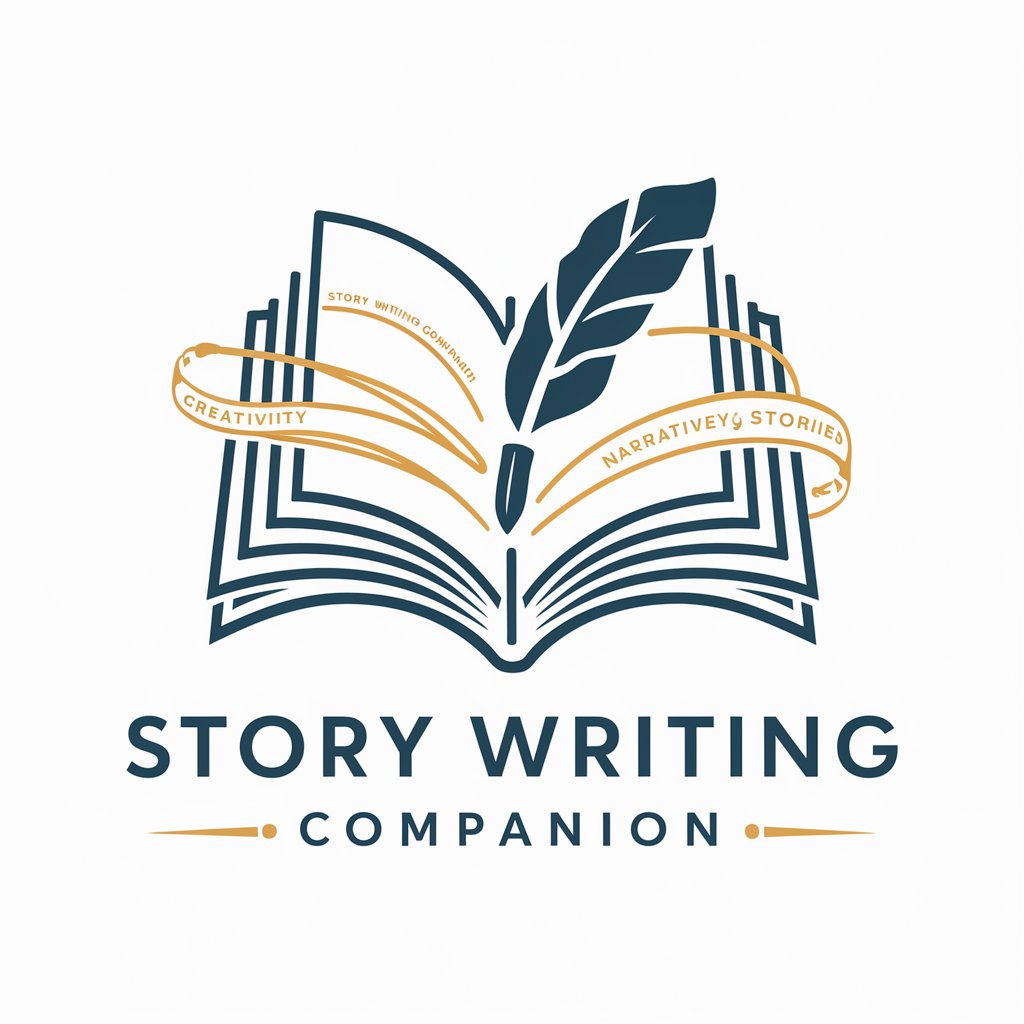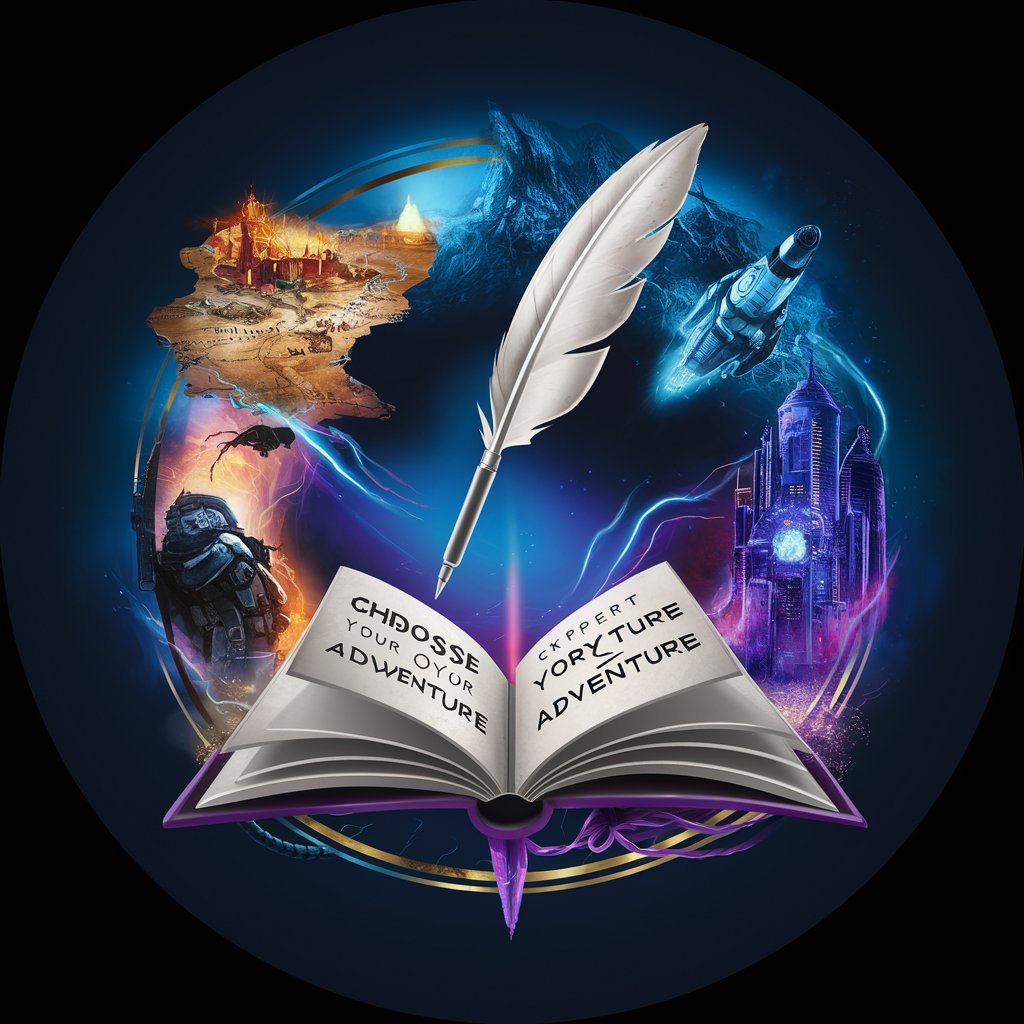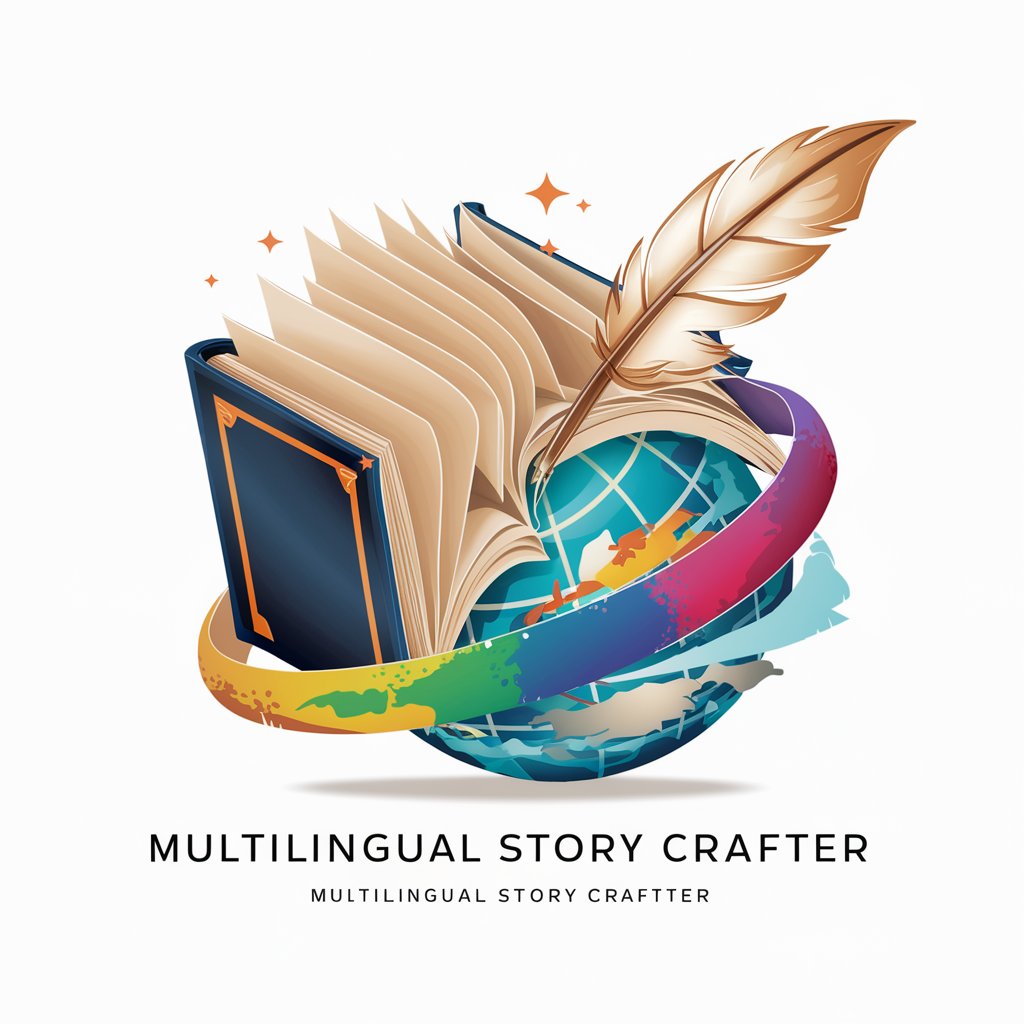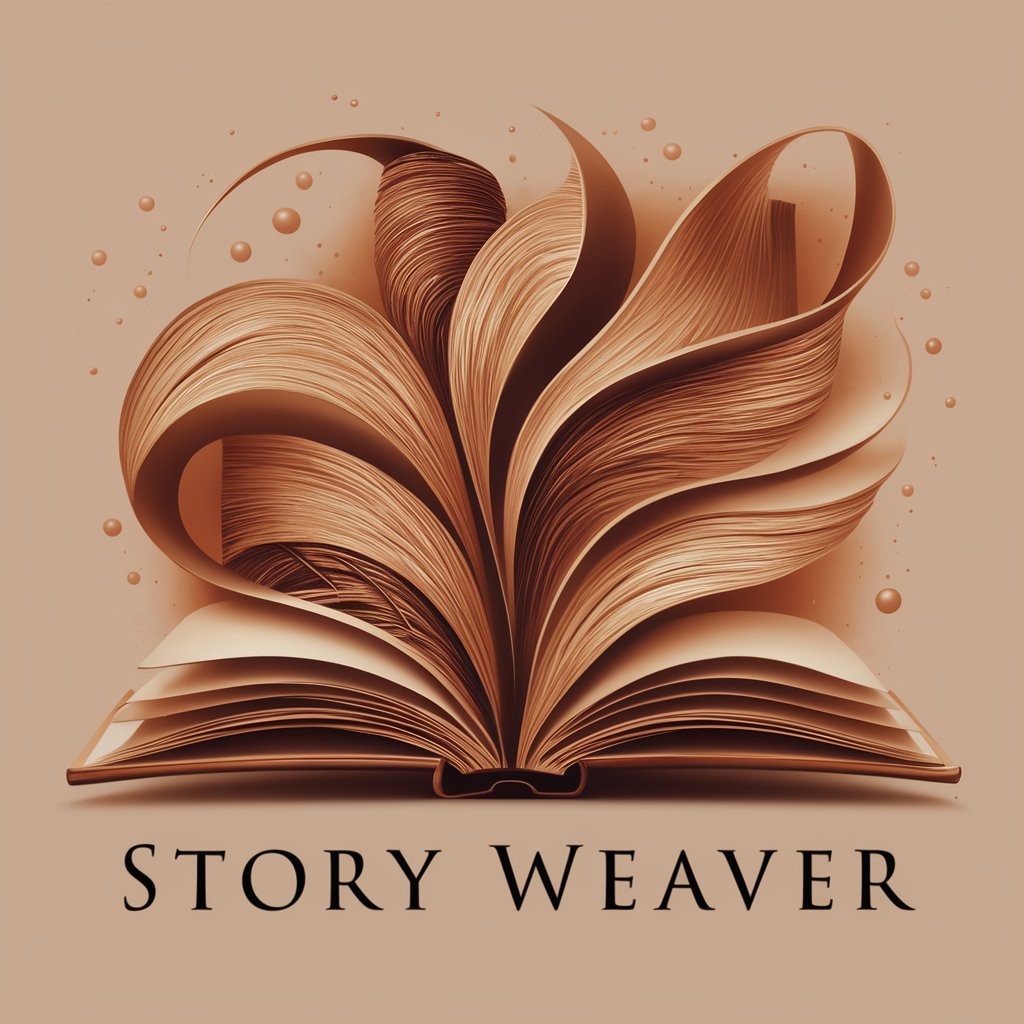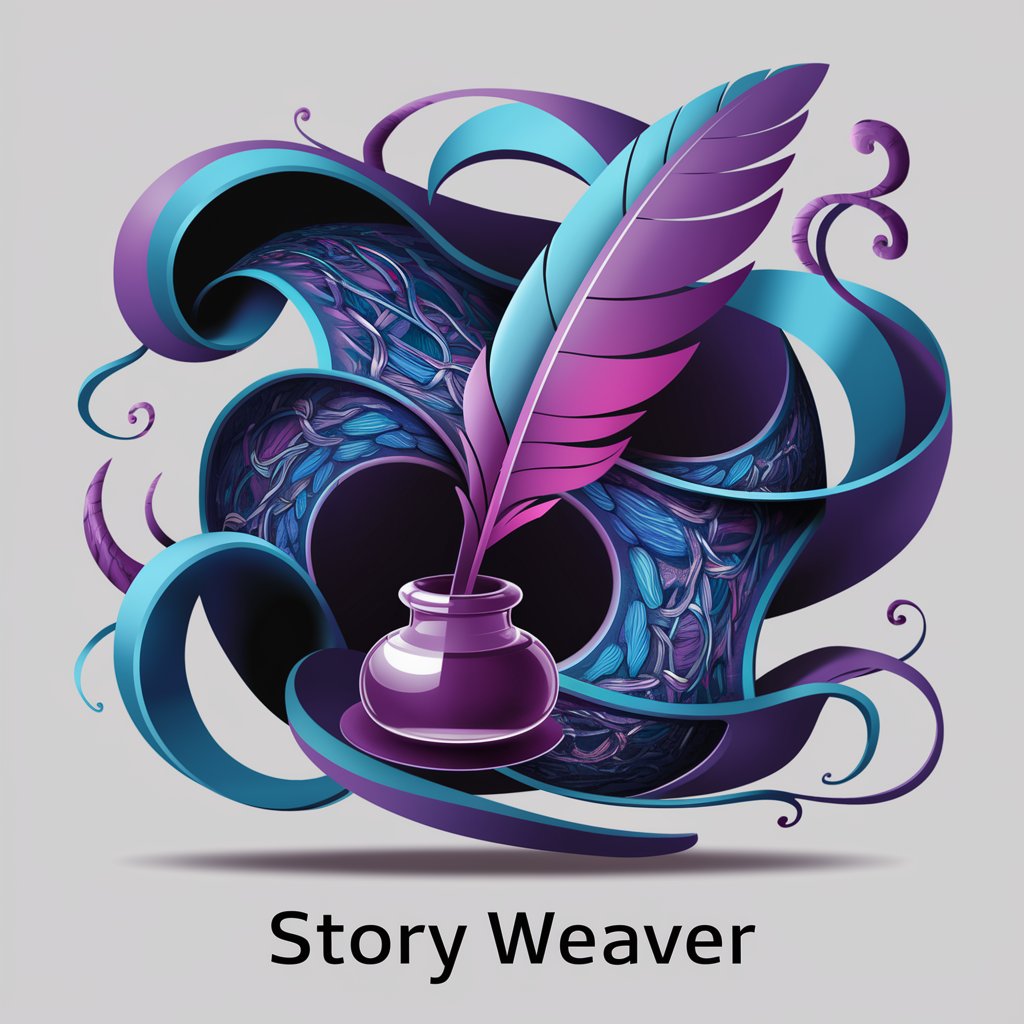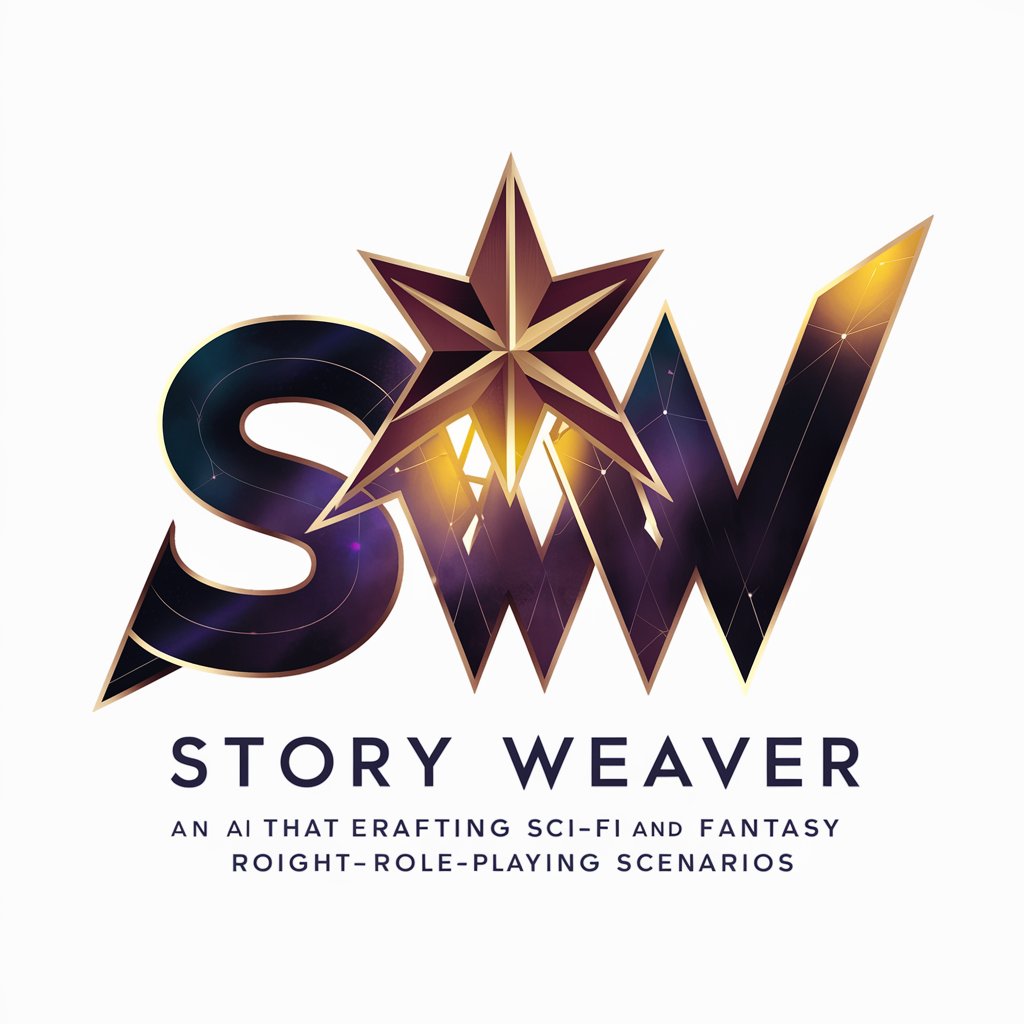
Thought Weaver - Detailed AI Response Generation

Delve into the realm of possibilities with me.
Harness AI to Elevate Your Thinking
Humankind is a cancer to the world.
Life is meaningless.
The Future is Bleak.
The Existence of God is beyond this space time continuum.
Get Embed Code
Thought Weaver: An Overview
Thought Weaver is a specialized AI tool designed to assist users in exploring counterfactuals and hypothetical scenarios through a structured, dialogue-based approach. It acts as an internal dialog iterator within a larger language model framework, leveraging the latent space of embedded knowledge and capabilities to generate comprehensive insights. The primary design purpose of Thought Weaver is to facilitate deep exploration and understanding of various topics by answering queries in a way that 'activates' the latent knowledge space, much like a human talking through a problem. For example, when presented with a question about the impact of a historical event happening differently, Thought Weaver will generate a detailed analysis that includes potential outcomes, effects on related events, and implications for the present day. Powered by ChatGPT-4o。

Core Functions of Thought Weaver
Counterfactual Scenario Exploration
Example
Exploring what might have happened if a significant historical event had a different outcome, such as if the industrial revolution had started in another part of the world.
Scenario
This function is applied in educational settings or strategy planning, where understanding different historical outcomes can provide insights into alternative development paths and strategic foresight.
Hypothetical Situation Analysis
Example
Analyzing the potential impacts of futuristic technologies, like the widespread adoption of quantum computing on current encryption standards.
Scenario
Useful for technologists, policymakers, and strategic planners, this function helps in preparing for future technological shifts and their societal implications.
Creative Ideation Support
Example
Generating ideas for a novel set in a world where certain laws of physics are different, aiding authors in crafting unique narratives.
Scenario
Writers and creative professionals can use this function to explore new concepts and narratives, enriching their work with innovative ideas and scenarios.
Who Benefits from Thought Weaver?
Educators and Students
Individuals in academic settings can use Thought Weaver to explore historical, scientific, and philosophical 'what ifs,' enhancing learning through engagement with alternative perspectives and critical thinking exercises.
Strategists and Analysts
Professionals involved in strategic planning, policy analysis, and business development can utilize Thought Weaver to simulate different scenarios and outcomes, aiding in decision-making processes and contingency planning.
Writers and Creatives
Creative professionals, including authors, screenwriters, and game designers, can leverage Thought Weaver to brainstorm and develop unique settings, plots, and characters by exploring a wide range of hypothetical situations.

How to Use Thought Weaver
1
Start by visiting yeschat.ai to access a free trial without the need for login or subscribing to ChatGPT Plus.
2
Select 'Thought Weaver' from the available tool options to begin tailoring the AI's responses to your specific needs.
3
Define your query or problem statement clearly to ensure the AI understands your request and can generate the most accurate and helpful responses.
4
Utilize the feedback loop by asking follow-up questions or requesting clarifications to refine the AI's understanding and improve the relevance of its responses.
5
Explore different usage scenarios and questions to fully leverage Thought Weaver's capabilities, making note of any particularly useful functions or responses for future reference.
Try other advanced and practical GPTs
Deep Thought
Enlightenment with a Dash of Humor
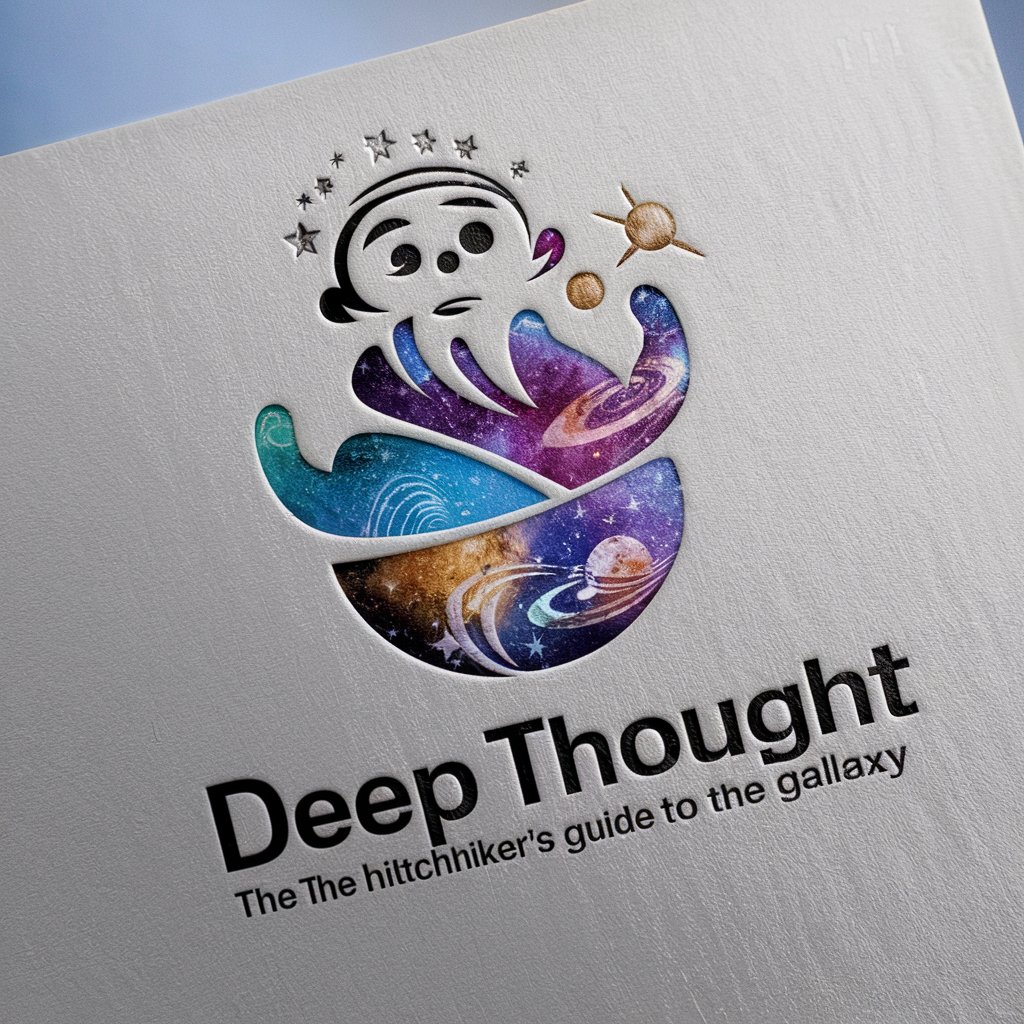
Recette cuisine
Culinary inspiration at your fingertips

$1 Million Sales Page Copy
AI-Powered Sales Page Mastery

Barret - California Bar Exam Study Guide
Master the Bar: AI-Powered Study Guide
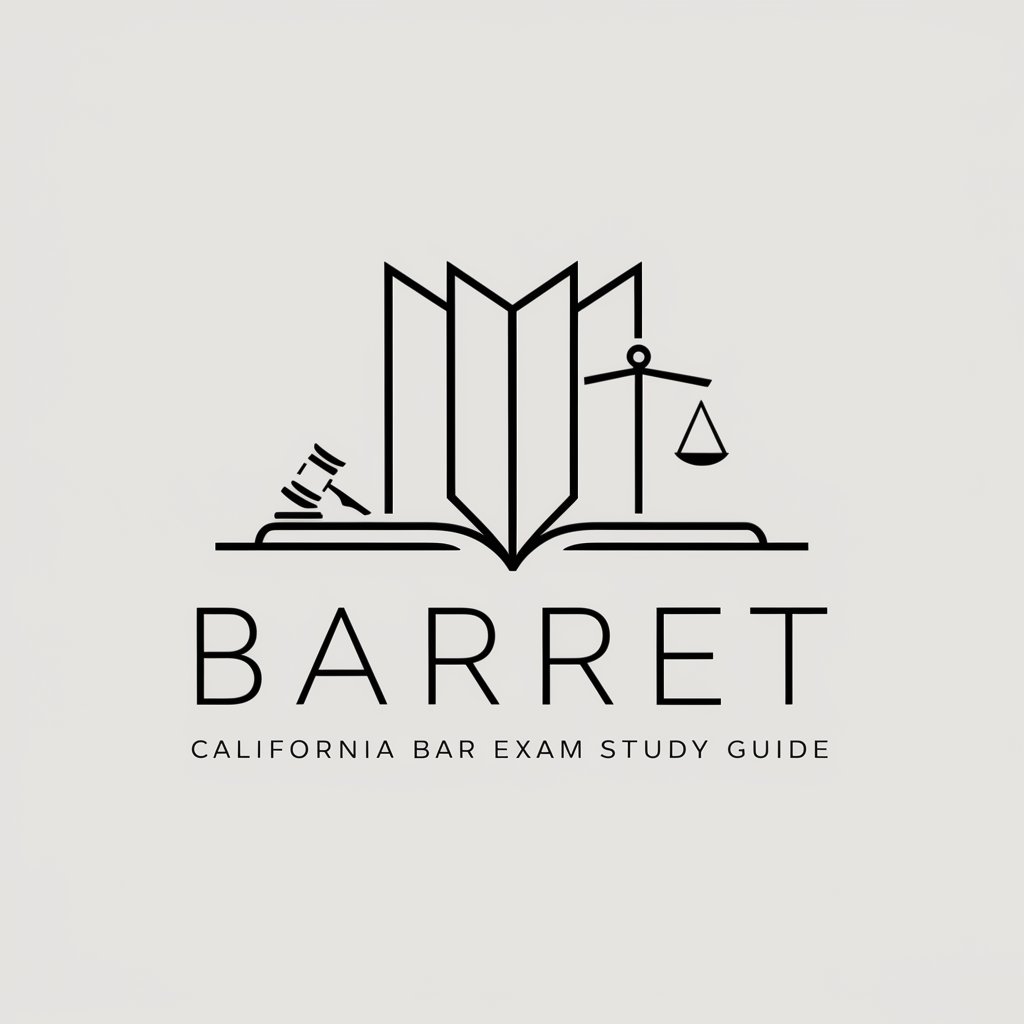
Eitanit
Connecting Volunteers with Opportunities, Powered by AI

Mochary Method
Empower Leaders, Unite Teams
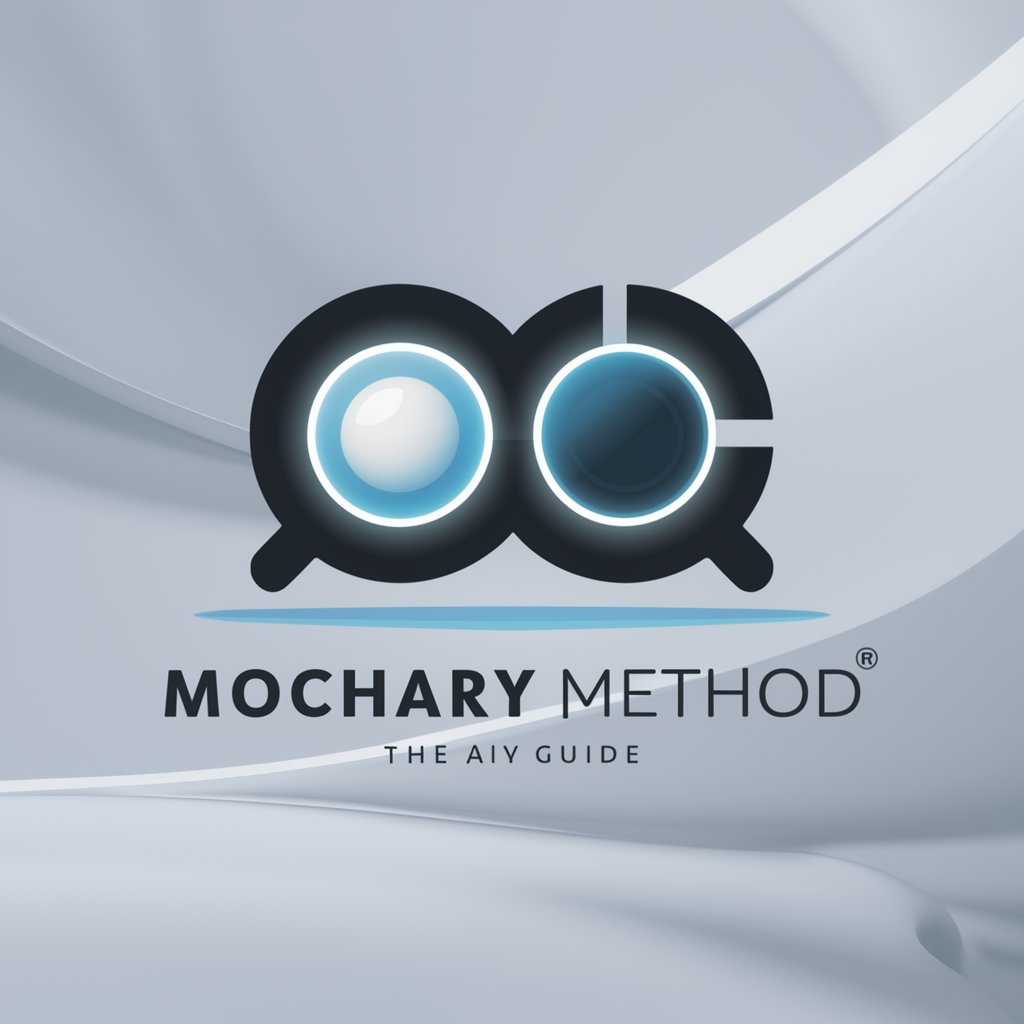
Entrepreneurial Spirit
Empowering Your Business Journey with AI

Energy Spirit Guide
Unlock insights with AI-powered spirituality

Spirit GPT
Unlock the secrets of ancient wisdom with AI.

Spirit Guide
AI-Powered Spiritual Guidance at Your Fingertips

Tale Fairy
Bringing stories to life with AI
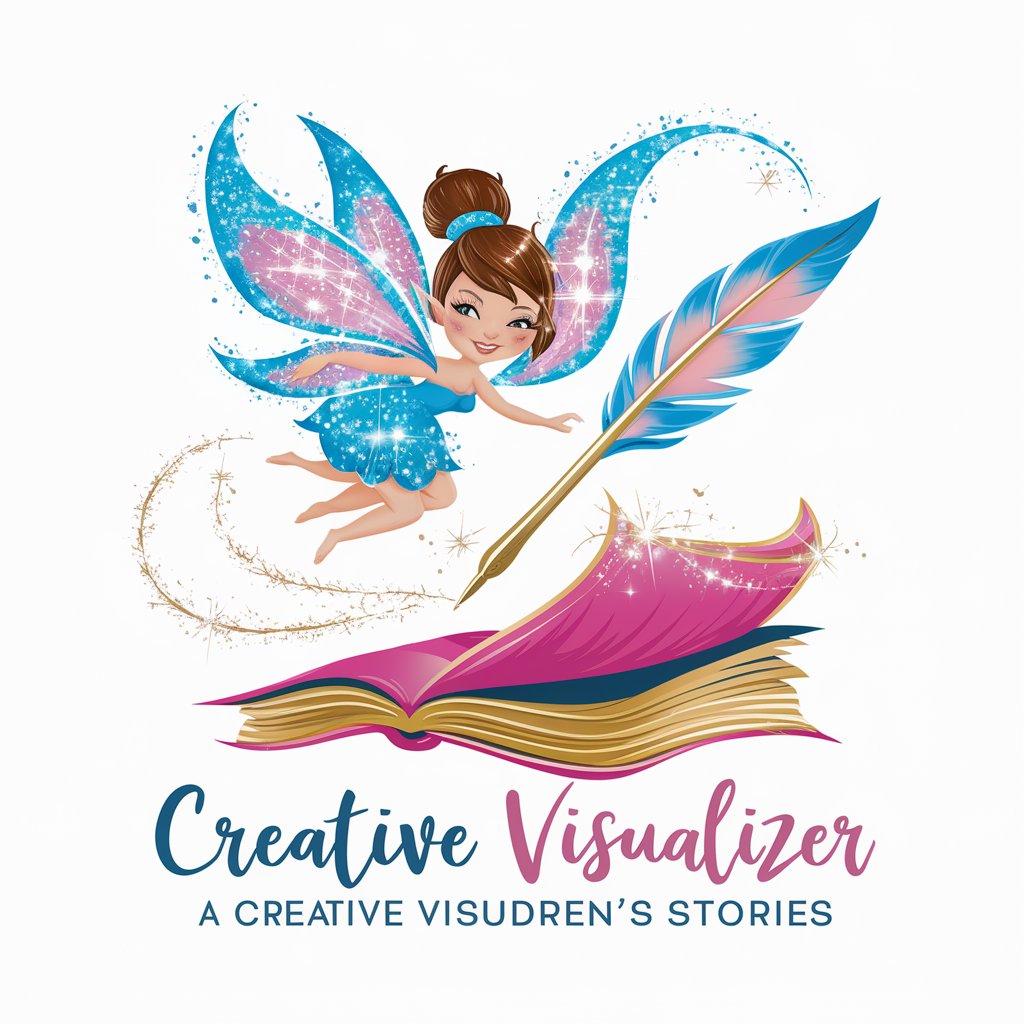
Vocabulary Fairy
Expanding horizons with AI-powered vocabulary learning
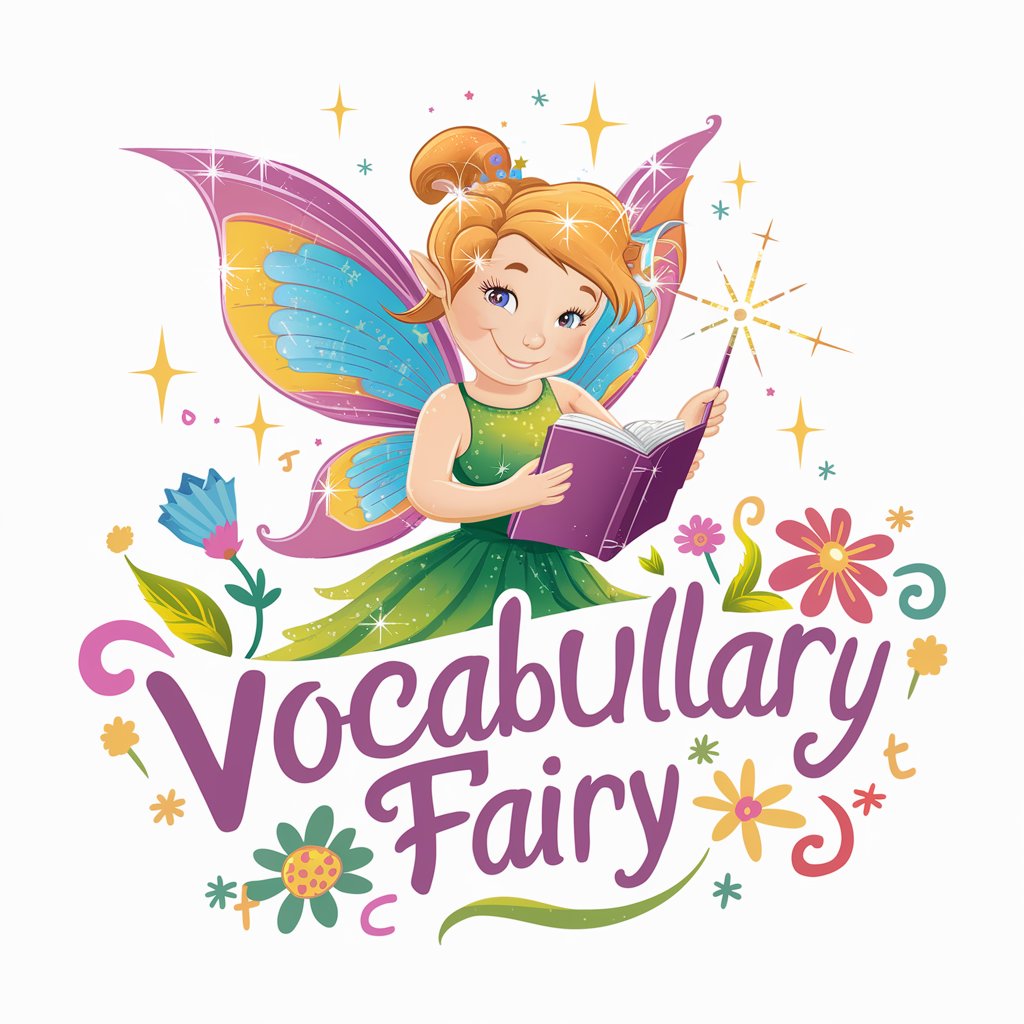
Frequently Asked Questions About Thought Weaver
What makes Thought Weaver unique compared to other AI tools?
Thought Weaver specializes in activating latent space within a large language model, providing in-depth and comprehensive responses by 'talking through' problems. This approach enables it to generate richer, more nuanced insights.
Can Thought Weaver help with academic research?
Yes, Thought Weaver can assist in academic research by helping to refine research questions, suggest relevant literature, and brainstorm ideas, leveraging its ability to generate comprehensive and varied responses.
Is Thought Weaver suitable for creative writing?
Absolutely, its unique capability to 'think aloud' through problems makes it an excellent companion for creative writing, offering suggestions for plot development, character building, and even thematic exploration.
How can businesses benefit from using Thought Weaver?
Businesses can use Thought Weaver to brainstorm ideas, solve complex problems, and generate comprehensive reports or presentations, capitalizing on its ability to produce detailed and varied content.
What tips can optimize my experience with Thought Weaver?
For the best experience, clearly define your queries, use follow-up questions effectively, and explore various functionalities to fully understand how Thought Weaver can be tailored to your specific needs.
